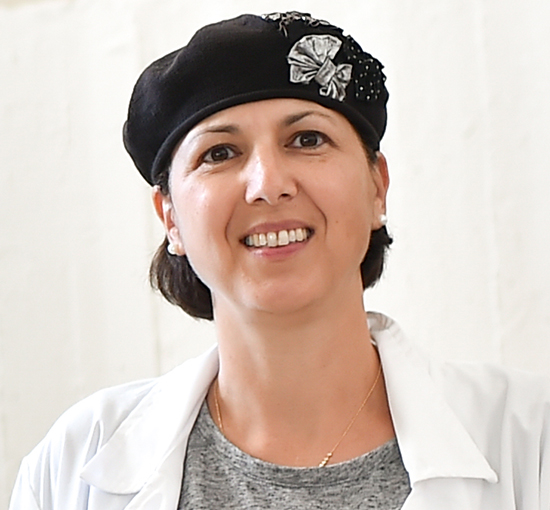Slowing the Rise of the Superbugs

We’ve come to rely on antibiotics to treat everything from ear infections to pneumonia, but overuse and incorrectly prescribed antibiotics have led to a dangerous rise in drug-resistant bacteria. These “superbugs” are expected to kill 10 million people yearly by 2050, unless a solution is found. Nanosynex, started by two Technion alumnae, may have the answer.
The company is bringing to market a diagnostic test kit that distinguishes between bacterial and viral infections and determines which bacteria in a patient’s body are resistant to which antibiotics — all in four hours. “Every minute counts when you’re dealing with resistant bacteria,” said Diane Abensur Bessin, Nanosynex CEO and co-founder with Michelle Heymann. Moreover, prescribing the right antibiotic curbs the spread of resistant bacteria, helps patients recover faster, and reduces healthcare costs.
The kit uses technology based on antimicrobial susceptibility tests developed by Professor Shulamit Levenberg, dean of the Technion Faculty of Biomedical Engineering, the Stanley and Sylvia Shirvan Chair in Cancer and Life Sciences, and the company’s chief scientific officer. It works by mixing nanoliter-sized samples of a patient’s bacteria with hundreds of possible antibiotic combinations to find the most effective treatment. Unlike other antibiotic matching methods, there is no need to know the bacteria’s genetic genome or to map its shape.
The road to commercialization started with T3, Technion Technology Transfer, and then Nanosynex’s launch as a startup in 2017. The company began winning prizes, entered the Technion DRIVE Accelerator and signed a license agreement with the Technion Research and Development Foundation.
